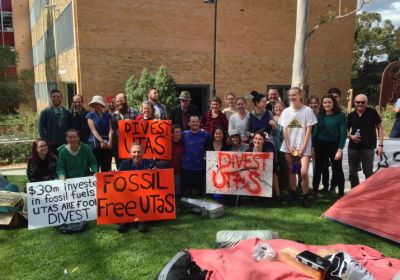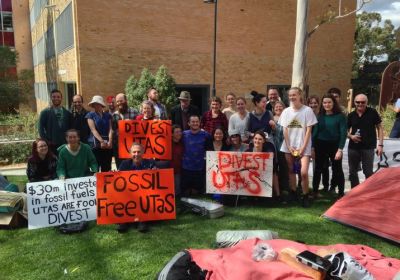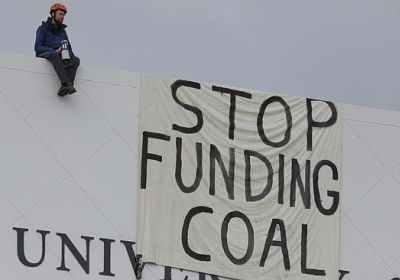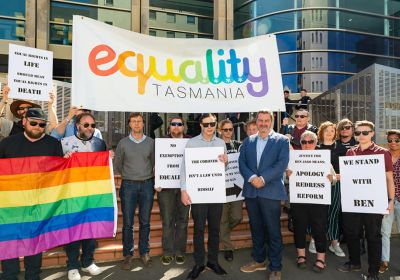
LGBTI activists and supporters have vowing to continue the campaign for next-of-kin recognition for same-sex couples. Matt Haubrick and Rose Matthews report.

LGBTI activists and supporters have vowing to continue the campaign for next-of-kin recognition for same-sex couples. Matt Haubrick and Rose Matthews report.
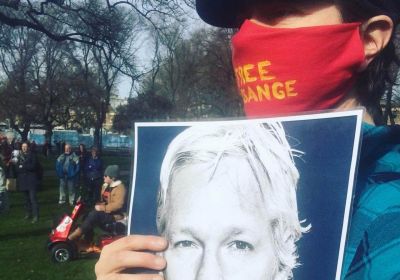
MPs and Reuter’s former bureau chief in Baghdad have again called for Wikileaks founder Julian Assange to be released, reports Carrie-Ann Smith.
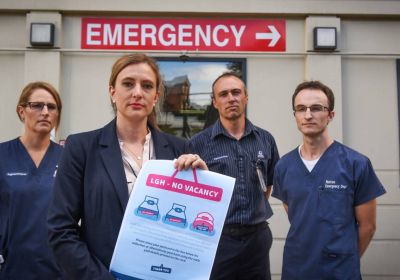
When public service unions in Tasmania realised the seriousness of the COVID-19 outbreak, they acted swiftly to protect workers, reports Jenny Forward.
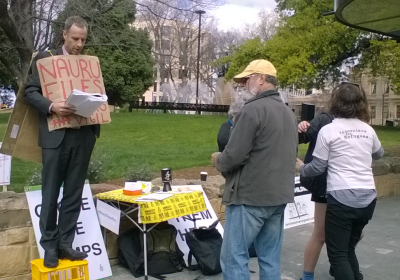
Every day, people’s human rights are violated. In detention centres like those on Nauru and Manus Island, such violations are not just allowed but enforced by the Australian government. However, last month people stood together for nine hours to tell the Australian government that they would not accept it any longer.
The vigil was held in the Hobart CBD from 10am to 7pm. People took turns reading to onlookers from the Nauru case files that were recently leaked by the Guardian. Others held placards and banners with messages of solidarity for the people in detention centres at Manus and Nauru.

